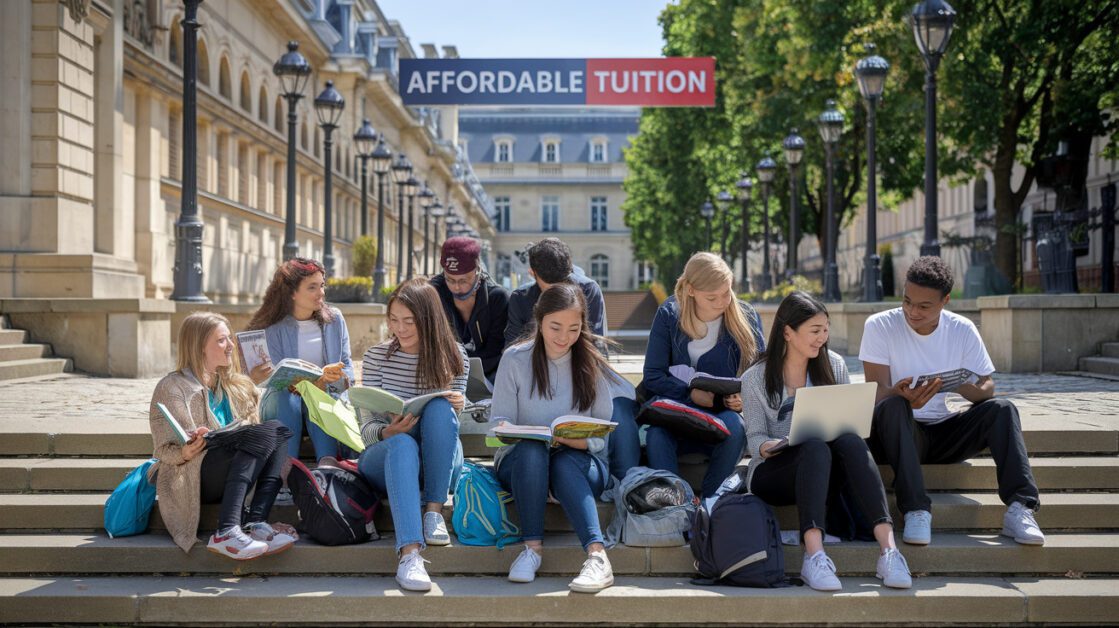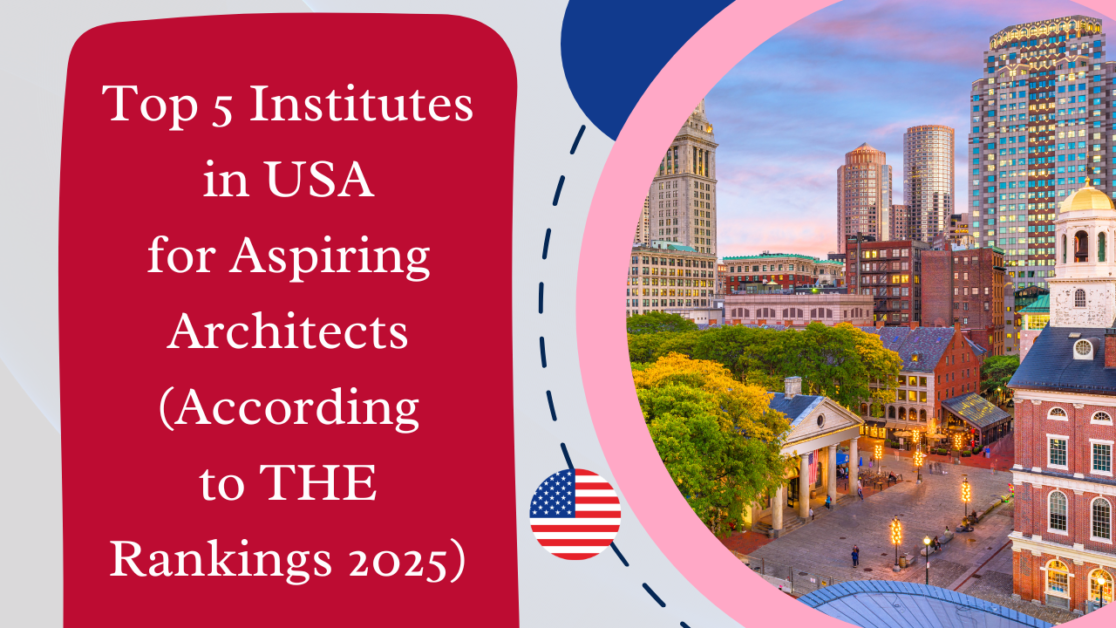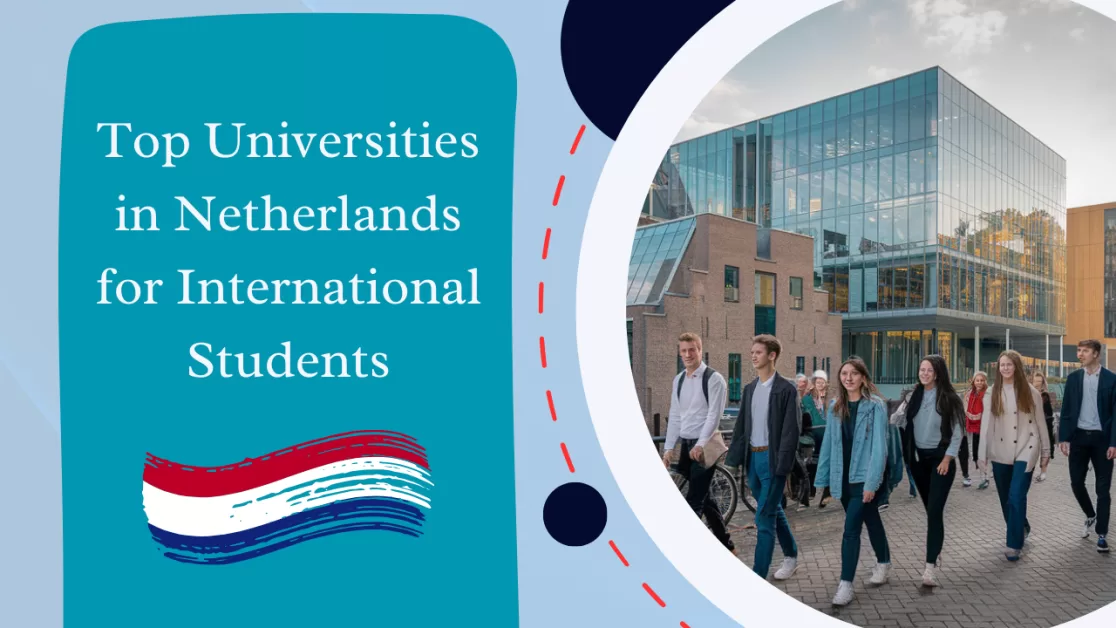
France, renowned for its rich culture and academic excellence, beckons international students with its world-class universities. But with countless options available, how can aspiring scholars choose the perfect institution for their educational journey?
Navigating the French higher education landscape can be overwhelming. From prestigious institutions steeped in history to cutting-edge research facilities, the choices seem endless. Add to that the complexities of language barriers, admission requirements, and cultural adjustments, and the task becomes even more daunting. However, fear not! This comprehensive guide will unveil the top universities in France for international students, shedding light on affordable options, English-taught programs, and the vibrant student life that awaits. We’ll explore admission requirements and career prospects, empowering you to make an informed decision about your academic future. Let’s embark on this exciting journey through France’s educational gems and discover why the country continues to be a magnet for students worldwide.
Top-Ranked French Universities
France boasts some of the world’s most prestigious institutions of higher learning, attracting international students from across the globe. Here’s a closer look at four top-ranked French universities:
A. Sorbonne University
Sorbonne University, located in the heart of Paris, is renowned for its rich history and academic excellence. It consistently ranks among the top universities globally, particularly excelling in arts and humanities.
B. École Polytechnique
École Polytechnique, often referred to as “X,” is France’s leading engineering school. Known for its rigorous curriculum and research output, it has produced numerous notable scientists and business leaders.
C. Paris Sciences et Lettres University (PSL)
PSL is a collegiate university formed by the merger of several prestigious institutions. It offers a wide range of programs and is particularly strong in research and innovation.
D. CentraleSupélec
CentraleSupélec, created from the merger of two top engineering schools, is a leader in technology education and research. It’s known for its strong industry connections and international partnerships.
| University | Location | Main Strengths | Notable Features |
|---|---|---|---|
| Sorbonne University | Paris | Arts, Humanities | Historic campus |
| École Polytechnique | Palaiseau | Engineering, Sciences | Military heritage |
| PSL University | Paris | Research, Innovation | Multi-institution structure |
| CentraleSupélec | Gif-sur-Yvette | Technology, Engineering | Strong industry links |
These institutions offer:
- World-class faculty
- Cutting-edge research facilities
- Diverse student bodies
- Rich cultural experiences
With their global reputation and academic rigor, these universities provide excellent opportunities for international students seeking a top-tier education in France.
Affordable Study Options

France offers numerous affordable study options for international students, making it an attractive destination for higher education. Let’s explore the various aspects of affordability in French universities.
Public vs. Private Universities
When considering studying in France, it’s essential to understand the difference between public and private institutions:
Aspect | Public Universities | Private Universities |
|---|---|---|
Tuition Fees | Lower | Higher |
Government Funding | Receives substantial funding | Limited or no government funding |
Program Offerings | Wide range of programs | Often specialized in specific fields |
Class Sizes | Larger classes | Smaller classes |
Admission Process | Generally less competitive | Often more selective |
Public universities in France are significantly more affordable than their private counterparts, making them an excellent choice for budget-conscious international students.
Tuition Fees for International Students
France’s education system is known for its relatively low tuition fees, especially at public institutions. However, fees can vary depending on the level of study and the type of institution:
Bachelor’s degree: €2,770 per year
Master’s degree: €3,770 per year
PhD: €380 per year
These fees are significantly lower than those in many other popular study destinations, making France an attractive option for international students seeking quality education at an affordable price.
Scholarships and Financial Aid
To further support international students, France offers various scholarships and financial aid options:
Eiffel Excellence Scholarship Program
French Government Scholarships
Erasmus+ Program
Institution-specific scholarships
These financial support options can help offset living expenses and make studying in France even more accessible for international students.
Now that we’ve covered the affordable study options in France, let’s explore the wide range of English-taught programs available to international students.
English-Taught Programs
As international students explore opportunities to study in France, one of the most appealing aspects is the increasing availability of English-taught programs. These programs cater to students who may not be fluent in French, opening doors to world-class education in a diverse and culturally rich environment.
Undergraduate Degrees
Many French universities now offer bachelor’s degrees taught entirely in English, particularly in fields such as business, engineering, and international relations. These programs provide a solid foundation for further studies or career advancement while immersing students in French culture.
Master’s Programs
The selection of English-taught master’s programs in France is even more extensive, covering a wide range of disciplines. From MBA programs to specialized degrees in science and technology, these courses attract students from around the globe.
PhD Opportunities
For those seeking doctoral studies, France offers numerous English-taught PhD programs, especially in STEM fields and social sciences. These programs often involve collaboration with international research institutions, enhancing the global perspective of the research.
Program Level | Popular Fields | Duration | Benefits |
|---|---|---|---|
Undergraduate | Business, Engineering | 3-4 years | Cultural immersion, Foundation for further studies |
Master’s | MBA, Science, Technology | 1-2 years | Specialized knowledge, Career advancement |
PhD | STEM, Social Sciences | 3-4 years | International collaboration, Research opportunities |
Key advantages of English-taught programs in France:
Access to top-tier education without language barriers
Opportunity to learn French gradually
Exposure to diverse international community
Potential for better career prospects globally
Next, we’ll explore the vibrant student life that awaits international students in France, complementing their academic pursuits with rich cultural experiences.
Student Life in France

Now that you’re familiar with the academic aspects of studying in France, let’s explore the vibrant student life that awaits you.
Accommodation Options
International students in France have various housing choices to suit their preferences and budgets:
University Residences
Private Rentals
Homestays
Shared Apartments
Accommodation Type | Pros | Cons |
|---|---|---|
University Residences | Affordable, on-campus | Limited availability |
Private Rentals | More privacy, choice of location | Higher cost, paperwork |
Homestays | Cultural immersion, language practice | Less independence |
Shared Apartments | Cost-effective, social | Potential compatibility issues |
Cultural Integration
Immersing in French culture is a crucial part of the study abroad experience. Participate in:
Language exchange programs
Cultural festivals and events
Local cuisine tastings
Museum visits and historical tours
Part-Time Work Opportunities
International students can work part-time to support their studies and gain experience:
On-campus jobs (libraries, cafeterias)
Internships in local businesses
Language tutoring
Hospitality and tourism sectors
Student Associations and Clubs
Joining student organizations enhances your social life and personal growth:
Sports clubs
Academic societies
Cultural associations
Volunteer groups
These activities not only enrich your student life but also provide valuable networking opportunities for your future career in France or internationally.
Admission Requirements
Now that you’re familiar with the top universities and programs in France, let’s explore the admission requirements for international students.
A. Language Proficiency
For most French-taught programs, proficiency in French is essential. The required level is typically B2 or C1 on the Common European Framework of Reference for Languages (CEFR). For English-taught programs, a TOEFL or IELTS score is usually required.
B. Academic Qualifications
International students must have a qualification equivalent to the French Baccalauréat. The specific requirements vary depending on the program and university.
Degree Level | Typical Requirements |
|---|---|
Bachelor’s | High school diploma |
Master’s | Bachelor’s degree |
Ph.D. | Master’s degree |
C. Application Process
The application process typically involves:
Choosing a program and university
Preparing required documents
Submitting the application through the appropriate platform (e.g., Campus France)
Attending an interview (if required)
Awaiting the admission decision
D. Visa Requirements
Once accepted, international students must obtain a student visa. Key requirements include:
Proof of acceptance from a French institution
Proof of sufficient financial resources
Health insurance coverage
Valid passport
Next, we’ll explore the exciting career prospects that await international students after graduating from a French university.
Career Prospects
Internship Opportunities
France offers excellent internship opportunities for international students, known as “stages” in French. Many universities have partnerships with local companies, providing students with valuable work experience. Here’s a breakdown of internship types:
Type | Duration | Typical Timing |
|---|---|---|
Short-term | 1-3 months | Summer break |
Long-term | 6-12 months | Final year |
Alternance | Recurring | Throughout studies |
Post-Study Work Visas
France has implemented favorable post-study work visa policies for international graduates:
APS (Autorisation Provisoire de Séjour): 12-month stay to search for employment
Talent Passport: 4-year renewable work permit for qualified professionals
Job Market for International Graduates
The French job market welcomes international talent, especially in:
Technology and IT
Engineering
Finance and Business
Hospitality and Tourism
Proficiency in French significantly enhances job prospects, though many multinational companies use English as a working language.
Networking and Alumni Support
French universities provide robust networking opportunities and alumni support:
Career fairs and job placement services
Alumni associations with global connections
Mentorship programs linking students with industry professionals
These resources help international graduates navigate the French job market and build successful careers in France or abroad.
Conclusion

France stands out as a premier destination for international students seeking world-class education. With its top-ranked universities, affordable study options, and diverse English-taught programs, the country offers a unique blend of academic excellence and cultural immersion. Student life in France provides a rich tapestry of experiences, from vibrant city living to charming provincial towns. While admission requirements may vary, many institutions welcome international applicants with open arms, recognizing the value of a diverse student body.
The career prospects for graduates from French universities are particularly promising. With a degree from a prestigious French institution, students are well-positioned to pursue opportunities both within France and internationally. As the global job market continues to evolve, the skills and perspectives gained from studying in France can prove invaluable. Aspiring students are encouraged to explore the myriad options available and take the first step towards a transformative educational journey in one of Europe’s most captivating countries.
Ready to explore? Start your visa application today and get one step closer to your adventure!
Don’t let uncertainties hold you back. Our team of expert overseas education consultants is readily available to assist you. Whether you have inquiries about:
- Specific document requirements
- Interview preparation tips
- Visa application timelines
We’re ready to provide personalized guidance tailored to your unique situation. Get in Touch Today at: +919041818122 and begin your journey with Vrinda International.
The information provided in this blog is for general guidance purposes only. Visa policies, application procedures, and fees are subject to change without prior notice. For the most accurate and up-to-date details, we recommend contacting us directly or consulting official sources. Feel free to reach out to us for personalized assistance with your visa application or travel needs.



